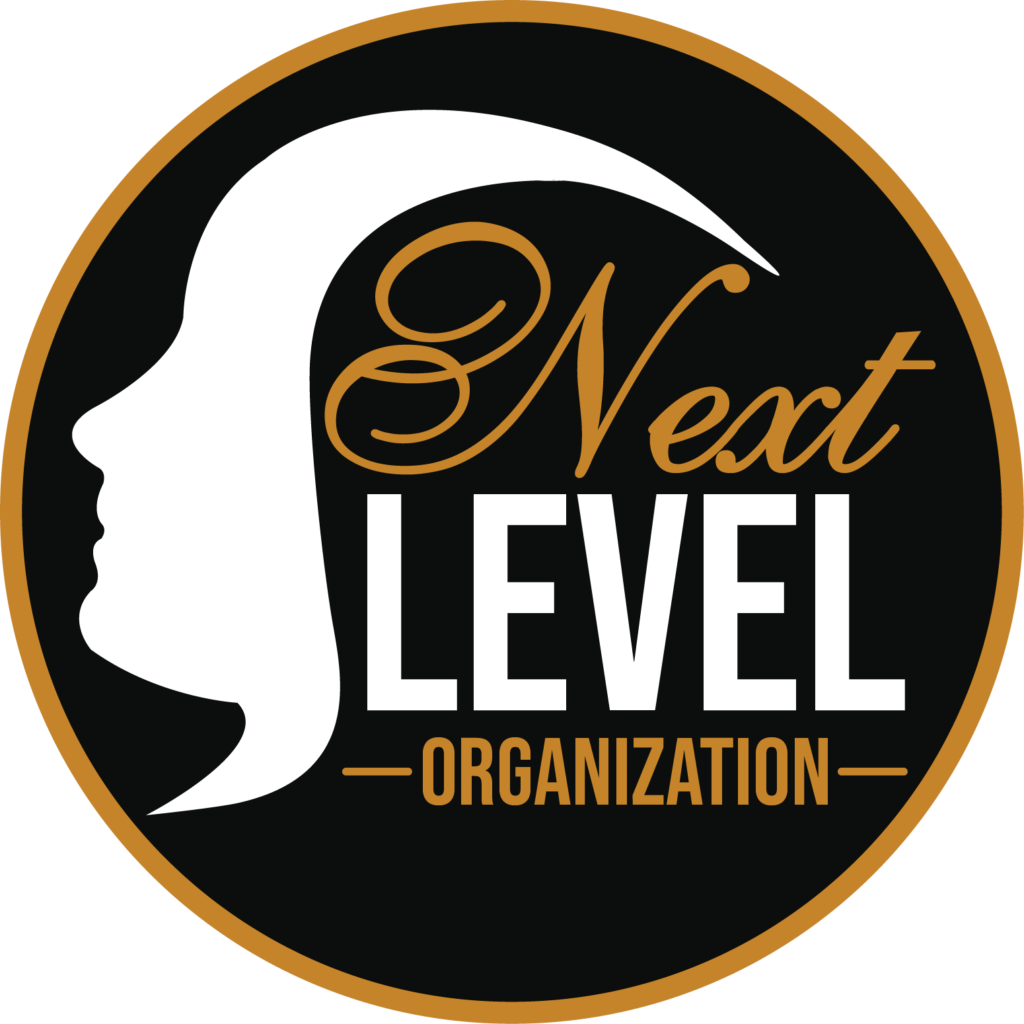About Us
The Next Level Organization Empowerment Program (N-LEP) will provide the comprehensive employment, education, and life skills training services and activities needed to equip our youth offenders that are confined to incarceration with the resources they need to succeed in school and life.
There are over 700 children in state custody in Mississippi, with thousands of youth living in Underprivileged areas of Mississippi. Youth incarcerated in underprivileged area face significant obstacles, making it difficult for them to succeed at life. These youths are more likely to drop out of high school, be low skilled, have low wage paying jobs or be unemployed, arrested/incarcerated, and face a host of other challenges. According to a study by the Casey Family Foundations, youth in foster care who, among other things, “attain a high school diploma or GED before leaving the care, are connected to post-secondary opportunities or job training, receive life skills training, and participate in youth organizations and activities while in custody, have a greater chance of becoming successful adults.”
According to Prison Policy 29,000 people were processed through the Mississippi criminal justice system in 2019. Of that number, thousands were juveniles and young adults. Priscilla Hall, of Mississippi Department of Corrections described “ It’s not about keeping people locked up, it’s about changing people's lives”.
In addition to the challenges confronting our most vulnerable youth, the economic status for the Mississippi illustrates the need for the N-LEP. According to the most recent available data, a staggering 21.5 percent of Mississippi live in poverty. The rates are higher for youth, with 29.4 percent of males and 21.1percent of females between the ages of 18 and 24 living in poverty. Additionally, the city’s unemployment rate has been on a continual rise in the recent months. According to the Mississippi Department of Labor and Workforce Development’s most recent report, the current rate in Memphis is 11.1 percent. While the data is not readily available, rates for youth are undoubtedly higher.
Thus, the N-LEP is greatly needed as it is a comprehensive program directly addressing the economic and education needs of some of the most vulnerable youths in this community
